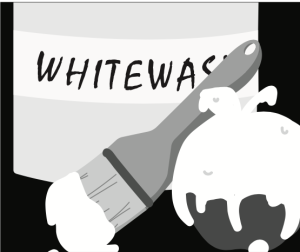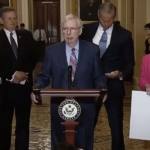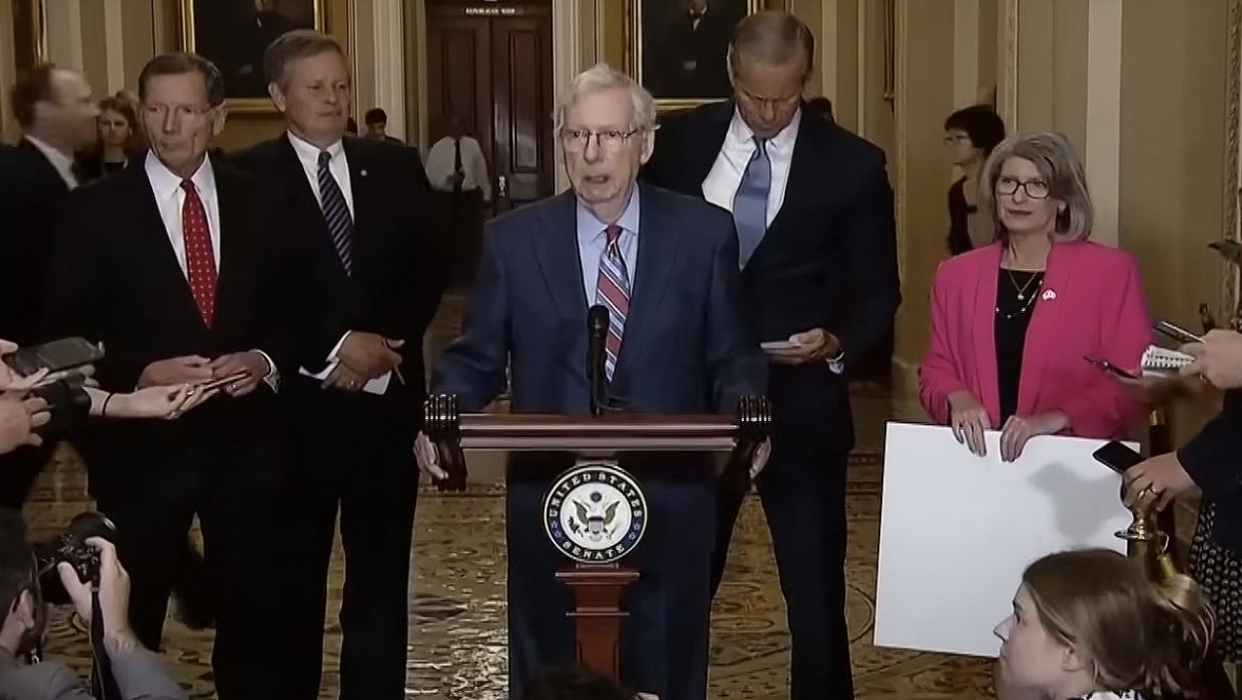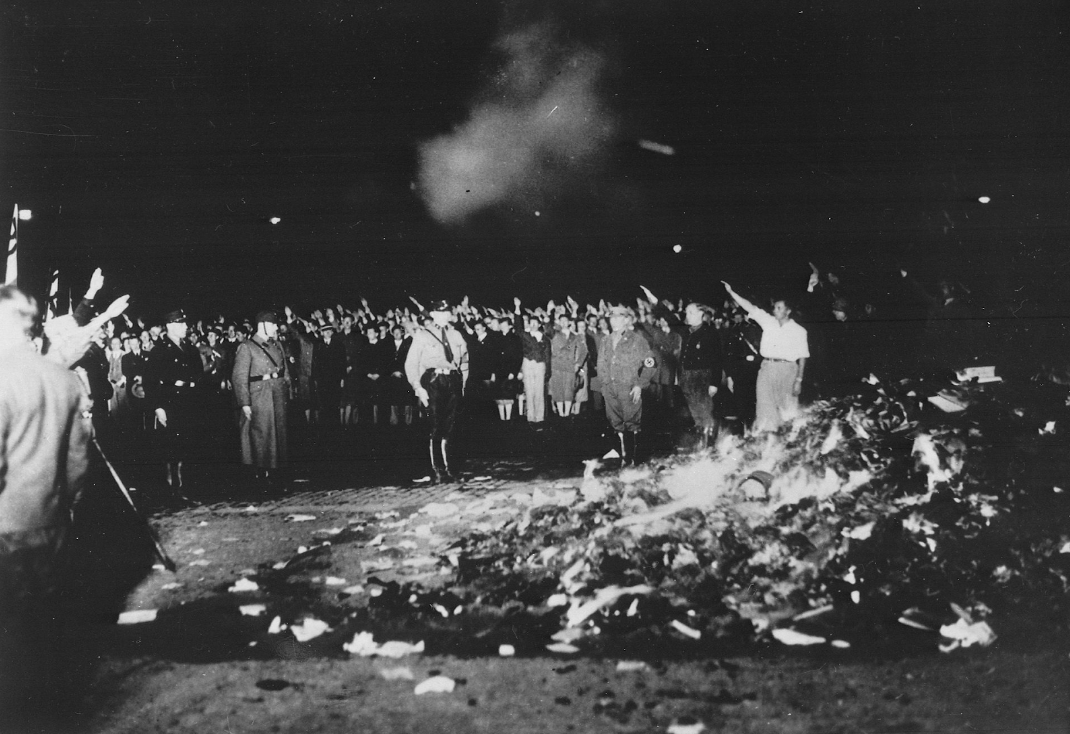Yagami to Turner
By: Melissa Wilkinson
Staff Writer
If you’re even remotely familiar with Japanese animation, you’ve probably heard of “Death Note.” The popular series, originally written by Tsugumi Ohba and illustrated by Takeshi Obata, is essentially a supernatural murder mystery centered around a college student named Light Yagami.
“Death Note” first aired as an animated show in October, 2006. About a year later, Adult Swim picked up the English version of the series, earning it fans outside of Japan. It’s since been dubbed in many different languages and is widely considered one of the most successful animes of all time.
Although hype for the series died out circa 2009, Netflix recently announced a new live-action movie adaptation of “Death Note” which is scheduled for release in August. I was initially excited when I heard the news. “Death Note” was one of the first animes I ever watched, and it still occupies a special place in my heart. Any initial excitement, however, was replaced with anger when I saw the cast list. For a series written by Japanese people, featuring Japanese characters and set in Japan, I noticed a distinct lack of a Japanese cast.
Sadly, this sort of treatment of Asian media is unsurprising nowadays. Ghost in the Shell, a movie of Japanese origins, recently came under fire for casting Scarlett Johanssen as the lead. Whitewashing is standard behavior for Hollywood. Their argument seems to be that Americans won’t watch anything with a non-white lead role, going so far as to change the protagonist’s last name from Yagami to Turner.
While that might have been true when many of today’s directors were growing up, it’s time they face the facts — American media shouldn’t be exclusively white anymore. While white people still make up about 70 percent of the population, it’s downright insulting to assume that those consuming today’s media can’t handle an Asian protagonist. I’m not proposing a language change, either. By all means, produce it in English. But there are plenty of Asian-American actors, and there’s literally no excuse for selecting an entirely white cast.
The producers of the movie have stated that the story of “Death Note” knows no racial boundaries, but if that’s the case, why not stick to the source material? With diversity growing as a concern in this country, more and more minorities are demanding greater representation in media. Does changing the original setting of “Death Note” to suit a white audience actually take less effort than just hiring Asian actors? And is the percentage of viewers who wouldn’t watch an Asian protagonist actually worth catering to in the first place?
While I still feel burned by this selfish appeal to the masses, I love “Death Note” too much to boycott the film in August. So, Netflix, I’m begging you. There are tons of other great animes that deserve live action adaptations. Next time, get it right.











